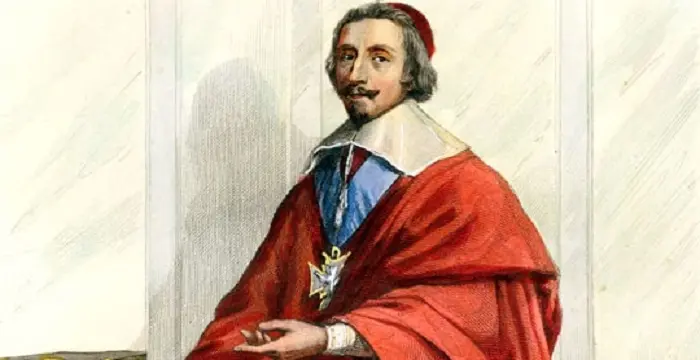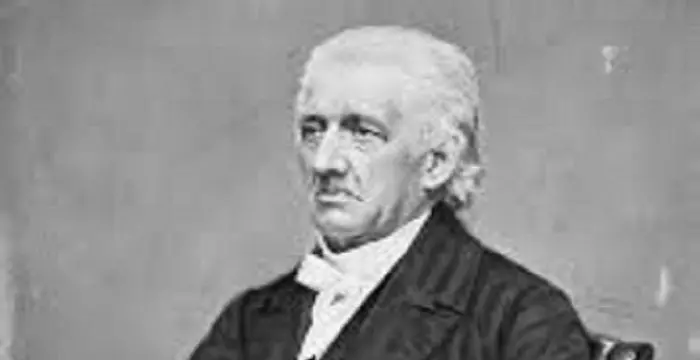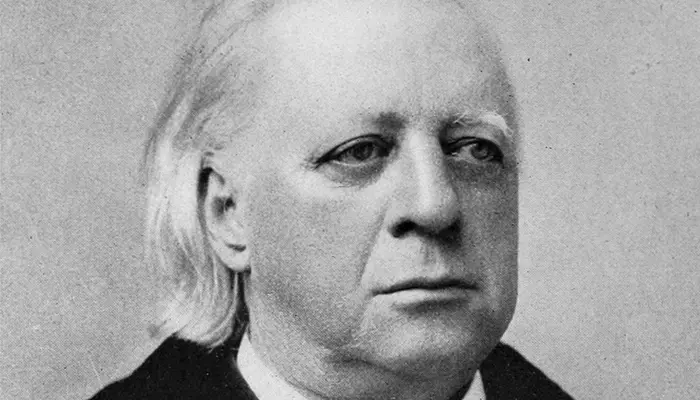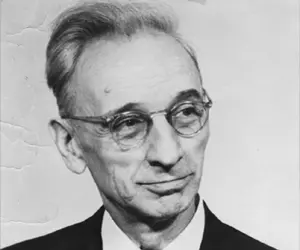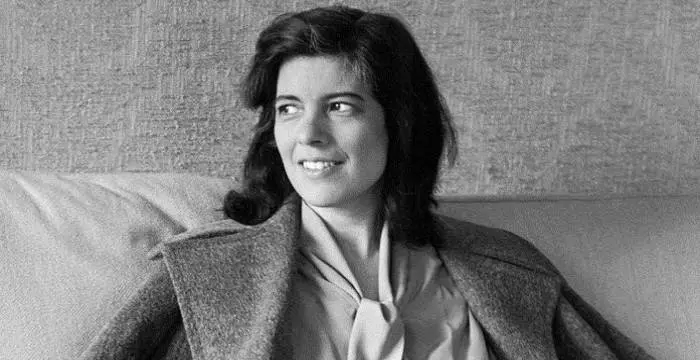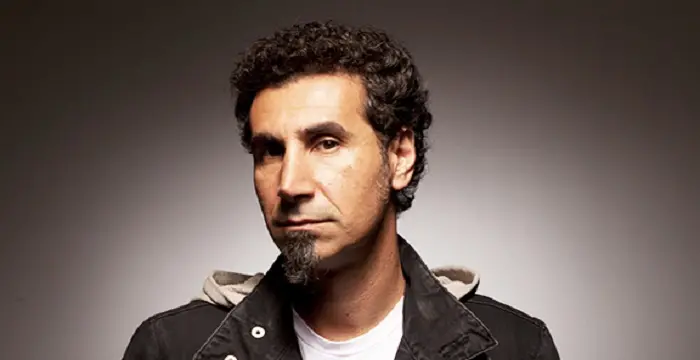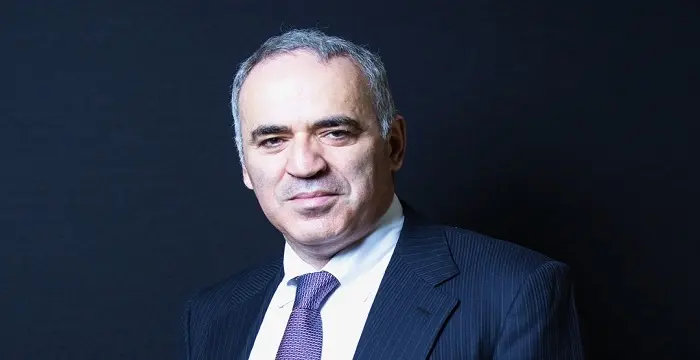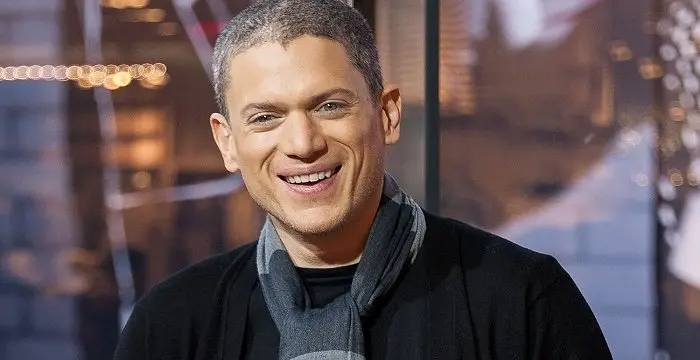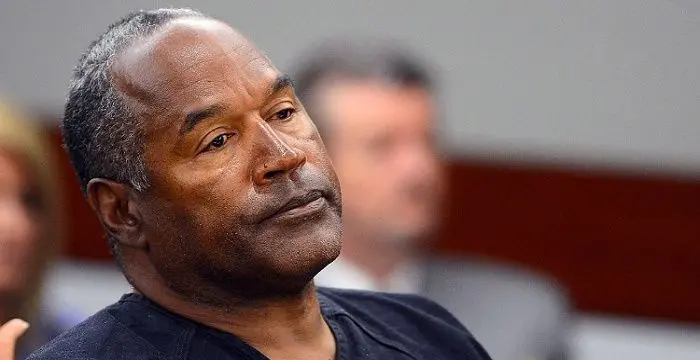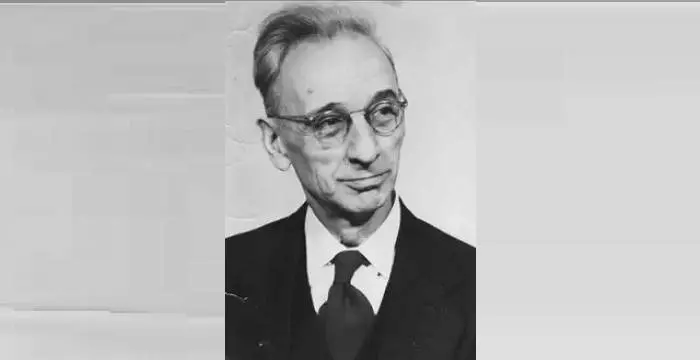
A. J. Muste - Clergyman, Family and Facts
A. J. Muste's Personal Details
A
| Information | Detail |
|---|---|
| Birthday | January 8, 1885 |
| Died on | February 11, 1967 |
| Nationality | American |
| Famous | Activists, Political Activists, Clergyman |
| Spouses | Anna Huizenga |
| Known as | Abraham Johannes Muste |
| Universities |
|
| Birth Place | Zierikzee |
| Gender | Male |
| Father | Martin Muste |
| Mother | Adriana Muste |
| Sun Sign | Capricorn |
| Born in | Zierikzee |
| Famous as | Clergyman & Political Activist |
| Died at Age | 82 |
// Famous Clergyman
Cardinal Richelieu
Armand Jean du Plessis, commonly known as Cardinal Richelieu, was a French noble, statesman and clergyman. This biography of Cardinal Richelieu profiles his childhood, life, career, achievements and timeline.
Lyman Beecher
Lyman Beecher was an American Presbyterian clergyman, reformer and revivalist who co-founded the American Temperance Society. This biography of Lyman Beecher provides detailed information about her childhood, life, achievements, works & timeline
Henry Ward Beecher
Henry Ward Beecher was an American clergyman and influential social reformer, who staunchly supported abolition of slavery. This biography profiles his childhood, life, contributions, achievements and timeline.
A. J. Muste's photo
Who is A. J. Muste?
Rev. A. J. Muste, regarded by many as America’s Gandhi, was an antiwar, labor movement leader. The Dutch-born American was brought up in Calvinist traditions of the Dutch Reformed Church. He graduated from the Union Theological Seminary and was attracted to social gospel, which stressed the use of Christian doctrines to tackle the social and economic conflicts. Growing in stature as a labor leader, he led the textile workers in Lawrence, Massachusetts, in a successful nonviolent strike. He co-founded the American Workers Party at the height of the Great Depression. He eventually discarded his Christian pacifism to become a Marxist. However, he did not support everything thing associated with Marxism and its revolutionary activities. Firstly, he rejected violence as a means to an end. He could not reconcile with the idea of class war and temporary dictatorship of the working class. In the 1950s, at the height of the Cold War and McCarthyism, he was still regarded with suspicion for his Communist antecedents. His tactic of peaceful civil disobedience became very popular. In the fifties, he protested against the arms race, and war in Vietnam. His message, “There is no way to peace. Peace is the way", remains as relevant as it was during his lifetime.
// Famous Activists
Temple Grandin
Temple Grandin is a well-known American writer, autistic activist and animal expert. This biography profiles her childhood, life, achievements, career and timeline
Susan Sontag
Susan Sontag is an American critical essayist, cultural analyst, novelist, political activist, filmmaker and playwright of international repute. Read on to find out more about her childhood, career, profile and timeline.
Serj Tankian
Serj Tankian is a famous American singer-songwriter and member of the band, ‘System of a Down’. This biography profiles his childhood, music career, life, achievements and timeline.
Childhood & Early Life
Abraham Johannes Muste was one of the six children born to Martin Muste (a coachman in Zeeland province in Netherlands) and Adriana. When Abraham was six, the family decided to migrate to America.
The family joined Adriana’s four brothers in Grand Rapids, Michigan, which had a large number of Dutch immigrants. In 1896, he and his family members became naturalized American citizens.
He graduated with a B.A degree from Hope College in Holland, Michigan, in 1905. At college, he was an all-rounder - a good scholar, basketball team captain, and member of the baseball team.
Career
After graduation, he taught Greek and Latin in Iowa. In 1906, he studied philosophy at New York and Columbia Universities. He was immensely influenced by the lectures of William James and John Dewey.
He was appointed pastor of the Fort Washington Collegiate Church in Manhattan. He attended the Union Theological Seminary very near his parish, and graduated from there with a Bachelor of Divinity degree in 1913.
He began to incline towards social gospel, a movement which treated social justice issues with Christian ethics. He voted for Socialist Party of America candidate Eugene V. Debs in the Presidential elections of 1912.
He became a member of the Fellowship of Reconciliation formed by pacifist religious organizations in 1916. When the U.S entered World War I the following year, he resigned as pastor.
For some time, he worked for the Civil Liberties Bureau, which provided legal aid for the needy, and then in 1919, shifted to Providence, Rhode Island, and registered as a Quaker minister.
Having gained recognition during the Lawrence strike, he became the elected secretary of the newly formed Amalgamated Textile Workers of America and served the union until 1921.
Emerging as the leader of the labor movement, he took over as the chairman of the Brookwood Labor College, Katonah, New York, and served the college between 1921 and 1933.
In 1929, he formed the Conference for Progressive Labor Action (CPLA), comprising proactive unionists dissatisfied with the work of American Federation of Labor. The CPLA formed the American Workers Party four years later.
In 1936, he gave up party and socialist politics to become a Christian pacifist once again. He served as the director of the Presbyterian Labor Temple in New York City for three years from then, and spoke against Marxism.
Serving as the executive director of the Fellowship of Reconciliation, a Protestant pacifist organization, till 1953, he focused on spreading peace and nonviolence, and mentored leaders of the Civil Rights Movement.
As a critic of the Vietnam War, he worked tirelessly towards organizing a coalition of anti-war groups such as the Spring Mobilization Committee to End the War in Vietnam.
In 1966, he accompanied the members of the Committee for Non-Violent Action to Saigon and Hanoi. He was barred from entering South Vietnam, but was received warmly by Ho Chi Minh in North Vietnam.
Major Works
In 1919, he led the textile workers in Lawrence, Massachusetts, in a nonviolent strike and was jailed for a week. Finally, both sides agreed on shorter working hours and a 12% wage hike.
In 1956, he founded the magazine, ‘Liberation’, an anti war forum, and was the member of the War Resisters League. He supported civil rights, opposed McCarthyism during the Cold War, and denounced Communism.
Awards
Reconverting to Christianity and his Calvinist origins, he worked hard to spread peace. A member of the War Resister’s League’s national committee, he was the recipient of their Peace Award in 1958.
Personal Life & Legacy
In 1909, he married Anna Huizenga, his sweetheart and classmate from his Hope College days and had three children. His life partner for forty years, Anna was the daughter of a Reformed Church minister.
The A.J. Muste Memorial Institute was established in 1974, to carry on the legacy of this great pacifist - advocates racial and sexual equality, non violence and labor rights, and opposes nuclear power and death penalty.
Trivia
According to this pacifist, “War is not an accident. It is the logical outcome of a certain way of life. If we want to attack war, we have to attack that way of life”.
According to a story, this pacifist stood vigil outside the White House during the Vietnam War, holding a candle, braving heavy rains.
// Famous Political Activists
Susan Sontag
Susan Sontag is an American critical essayist, cultural analyst, novelist, political activist, filmmaker and playwright of international repute. Read on to find out more about her childhood, career, profile and timeline.
Serj Tankian
Serj Tankian is a famous American singer-songwriter and member of the band, ‘System of a Down’. This biography profiles his childhood, music career, life, achievements and timeline.
Garry Kasparov
Garry Kasparov is a Russian chess Grandmaster considered by many to be the greatest chess player of all time. This biography of Garry Kasparov provides detailed information about his childhood, life, achievements, works & timeline.
A. J. Muste biography timelines
- // 8th Jan 1885Abraham Johannes Muste was one of the six children born to Martin Muste (a coachman in Zeeland province in Netherlands) and Adriana. When Abraham was six, the family decided to migrate to America.
- // 1896The family joined Adriana’s four brothers in Grand Rapids, Michigan, which had a large number of Dutch immigrants. In 1896, he and his family members became naturalized American citizens.
- // 1906After graduation, he taught Greek and Latin in Iowa. In 1906, he studied philosophy at New York and Columbia Universities. He was immensely influenced by the lectures of William James and John Dewey.
- // 1909In 1909, he married Anna Huizenga, his sweetheart and classmate from his Hope College days and had three children. His life partner for forty years, Anna was the daughter of a Reformed Church minister.
- // 1912He began to incline towards social gospel, a movement which treated social justice issues with Christian ethics. He voted for Socialist Party of America candidate Eugene V. Debs in the Presidential elections of 1912.
- // 1913He was appointed pastor of the Fort Washington Collegiate Church in Manhattan. He attended the Union Theological Seminary very near his parish, and graduated from there with a Bachelor of Divinity degree in 1913.
- // 1916He became a member of the Fellowship of Reconciliation formed by pacifist religious organizations in 1916. When the U.S entered World War I the following year, he resigned as pastor.
- // 1919For some time, he worked for the Civil Liberties Bureau, which provided legal aid for the needy, and then in 1919, shifted to Providence, Rhode Island, and registered as a Quaker minister.
- // 1919In 1919, he led the textile workers in Lawrence, Massachusetts, in a nonviolent strike and was jailed for a week. Finally, both sides agreed on shorter working hours and a 12% wage hike.
- // 1921Having gained recognition during the Lawrence strike, he became the elected secretary of the newly formed Amalgamated Textile Workers of America and served the union until 1921.
- // 1921 To 1933Emerging as the leader of the labor movement, he took over as the chairman of the Brookwood Labor College, Katonah, New York, and served the college between 1921 and 1933.
- // 1929In 1929, he formed the Conference for Progressive Labor Action (CPLA), comprising proactive unionists dissatisfied with the work of American Federation of Labor. The CPLA formed the American Workers Party four years later.
- // 1936In 1936, he gave up party and socialist politics to become a Christian pacifist once again. He served as the director of the Presbyterian Labor Temple in New York City for three years from then, and spoke against Marxism.
- // 1953Serving as the executive director of the Fellowship of Reconciliation, a Protestant pacifist organization, till 1953, he focused on spreading peace and nonviolence, and mentored leaders of the Civil Rights Movement.
- // 1956In 1956, he founded the magazine, ‘Liberation’, an anti war forum, and was the member of the War Resisters League. He supported civil rights, opposed McCarthyism during the Cold War, and denounced Communism.
- // 1958Reconverting to Christianity and his Calvinist origins, he worked hard to spread peace. A member of the War Resister’s League’s national committee, he was the recipient of their Peace Award in 1958.
- // 1966In 1966, he accompanied the members of the Committee for Non-Violent Action to Saigon and Hanoi. He was barred from entering South Vietnam, but was received warmly by Ho Chi Minh in North Vietnam.
- // 1974The A.J. Muste Memorial Institute was established in 1974, to carry on the legacy of this great pacifist - advocates racial and sexual equality, non violence and labor rights, and opposes nuclear power and death penalty.
// Famous American peoples
Wentworth Miller
Wentworth Miller is an American actor and screenwriter who achieved recognition for his role in the TV series ‘Prison Break’.
Jason Simpson
Jason Simpson is the son of former NFL running back, broadcaster and actor O. J. Simpson. Check out this biography to know about his childhood, family, life, and little known facts about him.
Melissa Brim
Melissa Brim is the ex-girlfriend of former professional boxer Floyd Mayweather Jr. Check out this biography to know about her birthday, childhood, family life, achievements and fun facts about her.
Skai Jackson
Skai Jackson is an American child actress with huge fan following. Find more about her family & personal life, relationships, facts and more.
Joyce Meyer
Joyce Meyer is a Christian author and speaker. This biography provides detailed information about her childhood, life, achievements, works & timeline
Zoe LaVerne
Zoe LaVerne is an American musical.ly star. Check out this biography to know more about her family, personal life, including her age, birthday, etc.
A. J. Muste's FAQ
What is A. J. Muste birthday?
A. J. Muste was born at 1885-01-08
When was A. J. Muste died?
A. J. Muste was died at 1967-02-11
Where was A. J. Muste died?
A. J. Muste was died in New York City
Which age was A. J. Muste died?
A. J. Muste was died at age 82
Where is A. J. Muste's birth place?
A. J. Muste was born in Zierikzee
What is A. J. Muste nationalities?
A. J. Muste's nationalities is American
Who is A. J. Muste spouses?
A. J. Muste's spouses is Anna Huizenga
What was A. J. Muste universities?
A. J. Muste studied at Union Theological Seminary in the City of New York Hope College
Who is A. J. Muste's father?
A. J. Muste's father is Martin Muste
Who is A. J. Muste's mother?
A. J. Muste's mother is Adriana Muste
What is A. J. Muste's sun sign?
A. J. Muste is Capricorn
How famous is A. J. Muste?
A. J. Muste is famouse as Clergyman & Political Activist
